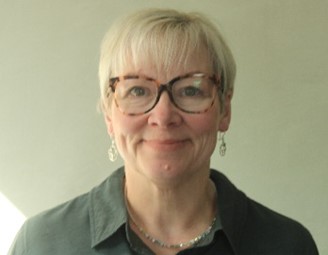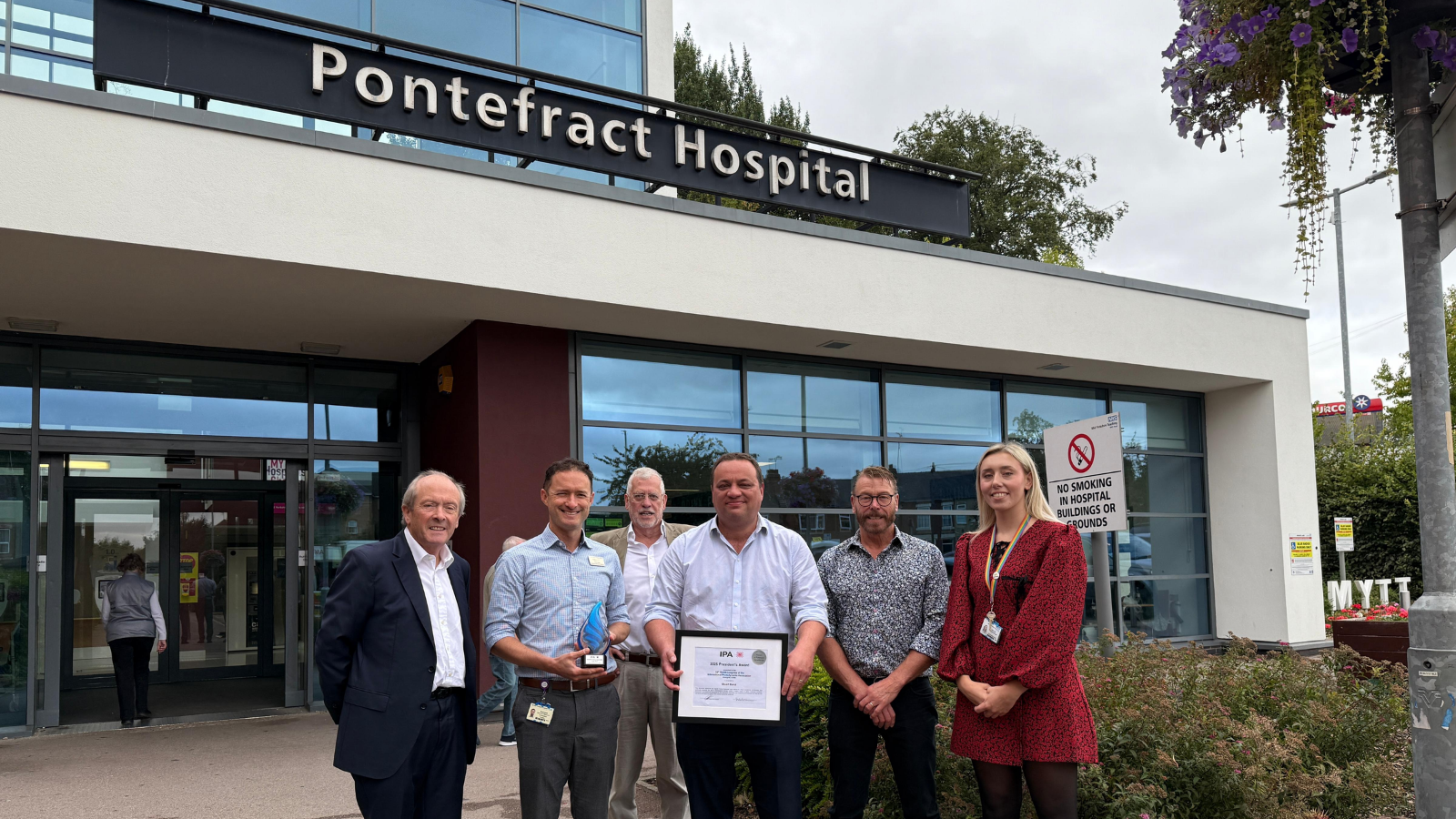What value-based management really means
To me, value-based management isn’t just about budgets or efficiency. It’s about asking the right questions. Are we improving people’s lives in ways they can feel? Are we spending public money wisely and fairly? Are we truly listening to the people who use our services?
When we focus on outcomes that matter to communities, we create services that are more person-centred, equitable and sustainable.
Leadership rooted in place and purpose
Leadership doesn’t just happen in boardrooms. It happens every day in clinics, schools, care homes, hospices and community centres. Real leadership is about empowering others, championing lived experience and building lasting partnerships.
In neighbourhoods across West Yorkshire, we see this every day. Health and care professionals, voluntary organisations and local people come together to tackle complex challenges from loneliness and mental health to end-of-life care, because they know their communities best.
Integrated neighbourhoods - where care happens
Integrated neighbourhoods aren’t just a concept, they’re a way of working that brings together primary care, social care, mental health teams, voluntary groups and local residents. It’s about proactive, joined-up care that’s closer to home and built on strong relationships.
Take children’s palliative care in West Yorkshire. Thanks to partnerships between neighbourhood teams, hospices like Forget Me Not, and NHS West Yorkshire ICB, families are getting the right support at the right time - often avoiding hospital altogether.
A hospice that shows what value looks like
Forget Me Not in Huddersfield is a perfect example of system value in action. It’s not just a building - it’s a lifeline. Our team supports families in their homes, schools and communities, working closely with other providers and the ICB.
We’ve helped set up an out-of-hours support line, trained local teams and co-created care plans that reflect what families really want. That’s what value looks like - high-impact care, delivered where and when it’s needed most, while reducing pressure on other services.
What needs to happen next
If we want a system that delivers more for less, we need to:
- invest in integrated neighbourhoods as the foundation of care
- support leadership at every level, especially in the voluntary sector
- fund services like children’s hospices sustainably, not just through donations
At Forget Me Not, for example, only around 18% of our funding comes from statutory sources. For the rest, we rely on charitable income, even though our work saves the NHS and families so much, both emotionally and financially.
Final thoughts
Integrated neighbourhoods aren’t a side project. They’re the future of personalised, place-based care. They’re where value-based decisions, empowered leadership and collaboration come together to make a real difference.
If we back this model with sustainable funding, shared learning and collective leadership, we can build a system where everyone, at every stage of life, gets the care they need, close to home.
Let’s make that vision a reality, together.
Thank you for reading


 Leading with purpose: value-based management, leadership and collaboration in integrated neighbourhoods
Leading with purpose: value-based management, leadership and collaboration in integrated neighbourhoods Appointment of new Medical Director at Yorkshire Ambulance Service
Appointment of new Medical Director at Yorkshire Ambulance Service Ground-breaking NHS innovation from a Mid Yorkshire clinician that slashes surgery infections wins a global prize
Ground-breaking NHS innovation from a Mid Yorkshire clinician that slashes surgery infections wins a global prize  Project SEARCH empowers young people to launch careers in Wakefield and Kirklees
Project SEARCH empowers young people to launch careers in Wakefield and Kirklees